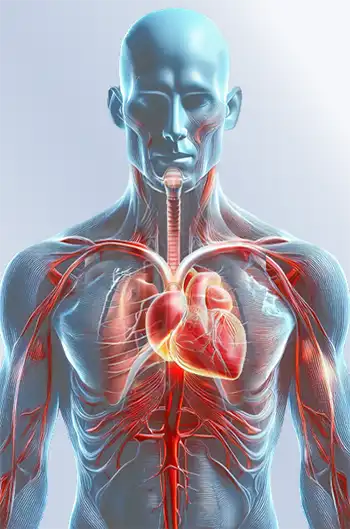Helpline: 1 888-488-8434
Home » What is Considered Alcoholism?
Alcoholism, or alcohol use disorder (AUD), is a condition identified by the inability to control or stop drinking despite adverse physical, psychological, social, or legal consequences. It ranges from mild to severe, and the medical field recognizes it as a medical condition requiring treatment. Here is more on the subject.
Early Stage:
Little outward signs but increasing reliance on alcohol.

Middle Stage:
Late Stage:

There are several measurements to diagnose AUD. A person must meet at least two of 11 criteria within 12 months, including but not limited to:
Healthcare providers categorize the severity as follows:
Alcohol affects physical health in many ways. Impacts depend on the amount, frequency, and duration of consumption. A person who occasionally and moderately drinks may not have significant adverse effects, but heavy or long-term alcohol use can lead to serious and potentially life-threatening health issues. Here is an overview of its impact.
Short-term use can produce these physical effects:

Alcohol can significantly impact mental health, both in the short and long term. Its effects vary depending on certain factors. What amount the person consumes, at what frequency, mental health history, and genetic predisposition. While some people may initially use alcohol as a way to relax or cope, its long-term impact on emotional well-being is often harmful.
It will:

If a person experiences any signs of alcoholism mentioned above, seeking professional help is important. In most cases, alcohol abuse does not get better; it only worsens. Recovery is absolutely possible, and many resources are available. The professionals at Addiction Referral and Consultation Services can help find the right alcohol treatment program.
Alcohol consumption has a profound impact on physical health and negative effects on mental health, especially with long-term or heavy use. Although alcohol may temporarily relieve stress or negative emotions, it ultimately worsens underlying issues over time. Seeking therapy, joining support groups, or entering a drug rehabilitation program can greatly enhance your overall quality of life.
Recommended reading: